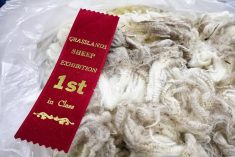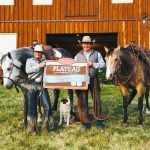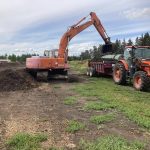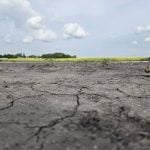WILLIAMS LAKE, B.C. – British Columbia cattle producers have overwhelmingly decided to continue using growth promotants, saying they are never likely to crack the European beef market anyway.
They voted against two resolutions at the B.C. Cattlemen’s Association annual meeting calling for a ban on the implants, as well as a certification program to state beef has been produced without these products.
Len Bawtree of Enderby, B.C., said an implant ban wouldn’t do much good in Europe.
“If we think we are going to get into Europe just because we do not use implants, I think we are sadly mistaken. Europe will sure as hell find something else to prevent our cattle going in. The hormone implant is just a red herring.”
Read Also
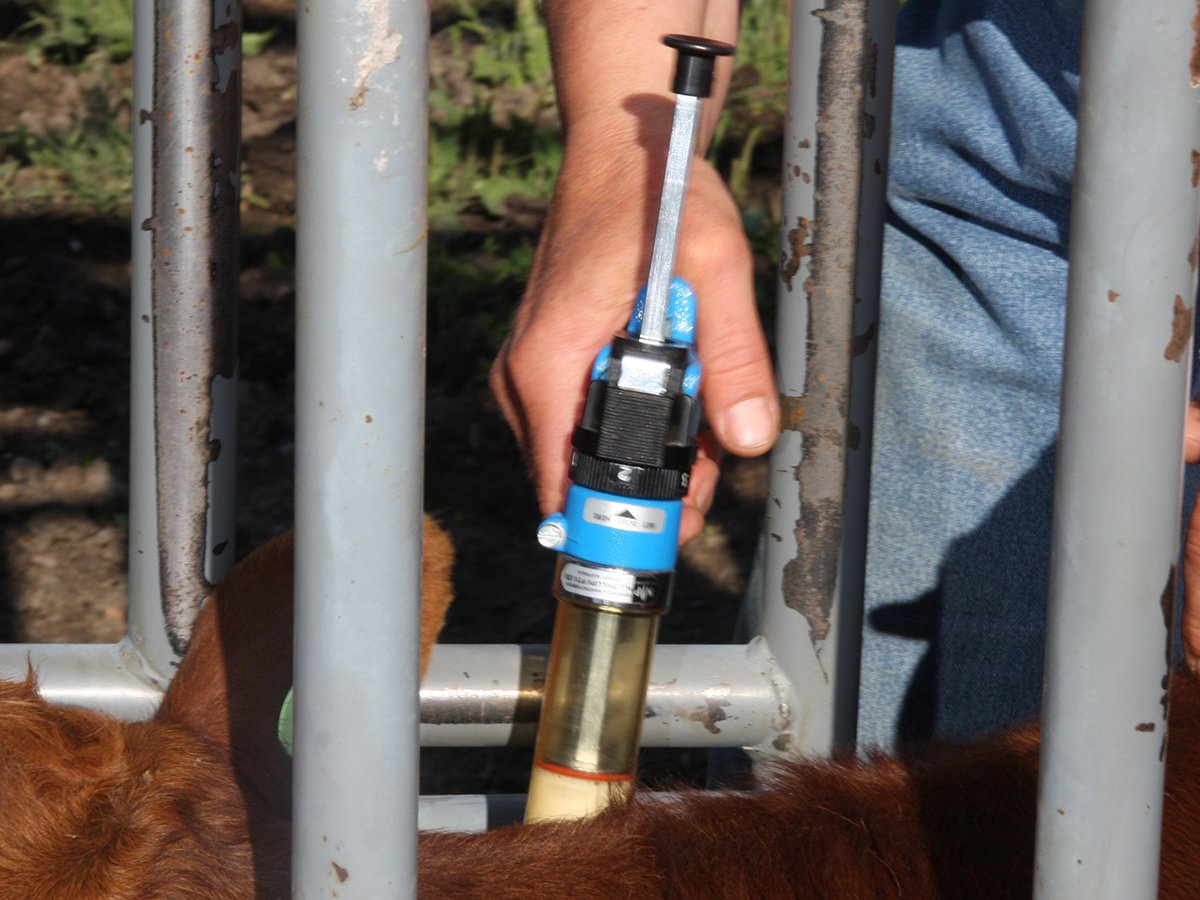
Canada must address potential veterinary drug shortages
If critical products are unavailable when needed, it could result in unnecessary human and animal deaths in the worst-case scenario.
He said the European Union continues to ban beef produced with the implants, even though the World Trade Organization has already ruled there is no harm in implanting cattle.
Doug Mervyn said he investigated hormone- free certification for his cattle, but discovered getting into Europe was nearly impossible.
“I think we’re chasing a dream.”
He said cattle can be certified hormone free by contacting local veterinarians. However, this certification is only useful for limited niche markets, he added.
Mike Rose of Quilchena Ranch said producers must educate themselves about implants before they stop using them.
Some products are not hormones, but they stimulate the pituitary gland to produce more growth hormone.
“If Ralgro is going to get banned, who is going to write me a $22,000 cheque to cover losses? It is pure economics. There is a perception out there by a vocal minority that claims hormones are this or that. What a load of malarkey.”
The hormones are used to encourage more muscle growth in animals being finished for slaughter.







